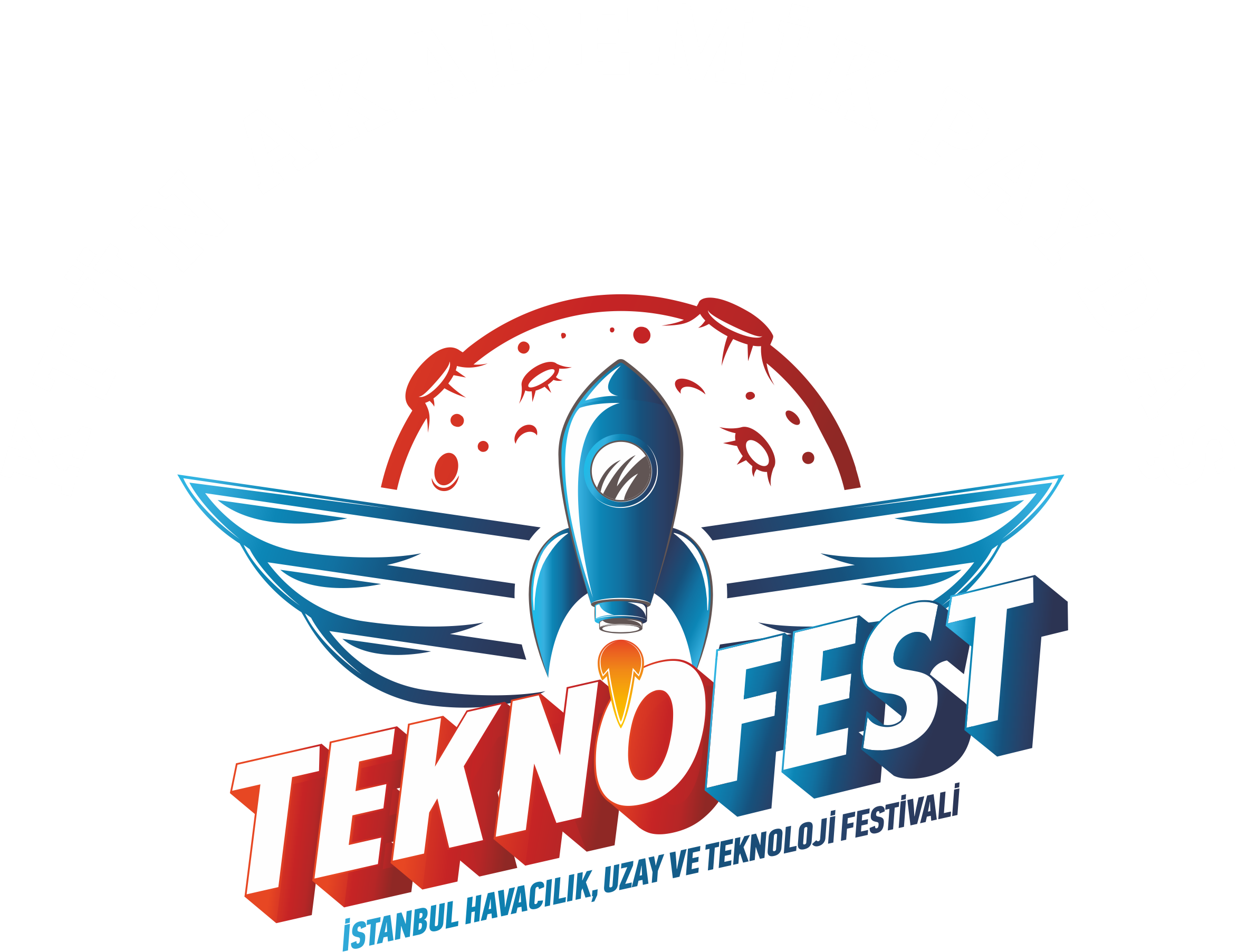Continuing to work with the objective of producing national projects to develop Turkey, Konya Technical University (KTUN) has achieved significant success.
Coordinated by Assoc. Dr. Serpil Edebali from the Faculty of Engineering and Natural Sciences, the project titled as “Smart innovative system for recycling wastewater and creating closed loops in textile manufacturing industrial processes - Waste2Fresh” has been accepted by the European Union Commission within the scope of TÜBİTAK Horizon2020 Program.
Waste2fresh Project, Ufuk2020 (Horizon2020), which will be carried out by a team of 17 partners from 11 countries, including Erak Clothing Industry and Uludag Environmental Technological R & D Centre companies from Turkey, draws attention with its feature of being the first multi-partner project coordinated by the Turkish establishment in Nanotechnology, Advanced Materials, Biotechnology, Advanced Manufacturing, and Processing Technologies-NMBP. With a budget of € 8.2 million in total, the project will contribute approximately €2.2 million as a grant to Turkey.
Turkey is the leading country in the world in denim production and export and Erak Clothing Industry is one of the most important producers in the sector. Accordingly, the amount of wastewater due to excess production in the textile sector is far more in Turkey. In this respect, the project aiming to recycle wastewater with less cost has gained importance.
Providing information about the Waste2Fresh Project, Serpil Edebali said, “The Waste2Fresh Project, submitted to the European Union within the framework of Horizon 2020, proposes to meet industrial needs by developing closed circuit recycling systems for wastewater from textile production factories such as ERAK Clothing Industry together with Uludağ Environmental Technologies R&D Centre. The Waste2Fresh System will significantly integrate new and innovative catalytic degradation approaches with highly selective separation and extraction techniques that provide near-zero discharge, reduce the current use of freshwater resources, and recover organic salts and heavy materials from water, energy, and other resources. Compared to the latest technologies available, it will result in a 30 percent residual in resource and water efficiency. Thanks to this system, it is expected to gain significant power against environmental problems in Turkey, the EU, and worldwide. "
Expressing her satisfaction with the acceptance of the project, Assoc. Dr. Serpil Edebali said, “Globally, 20 percent of industrial water pollution is caused by textile production. Breakthrough innovations are needed in energy-consuming industries to recycle water and create closed loops in industrial processes. With our project, we aim to achieve this with less cost, unlike the existing systems.
(2).jpeg)
(2).jpeg)
.jpeg)


